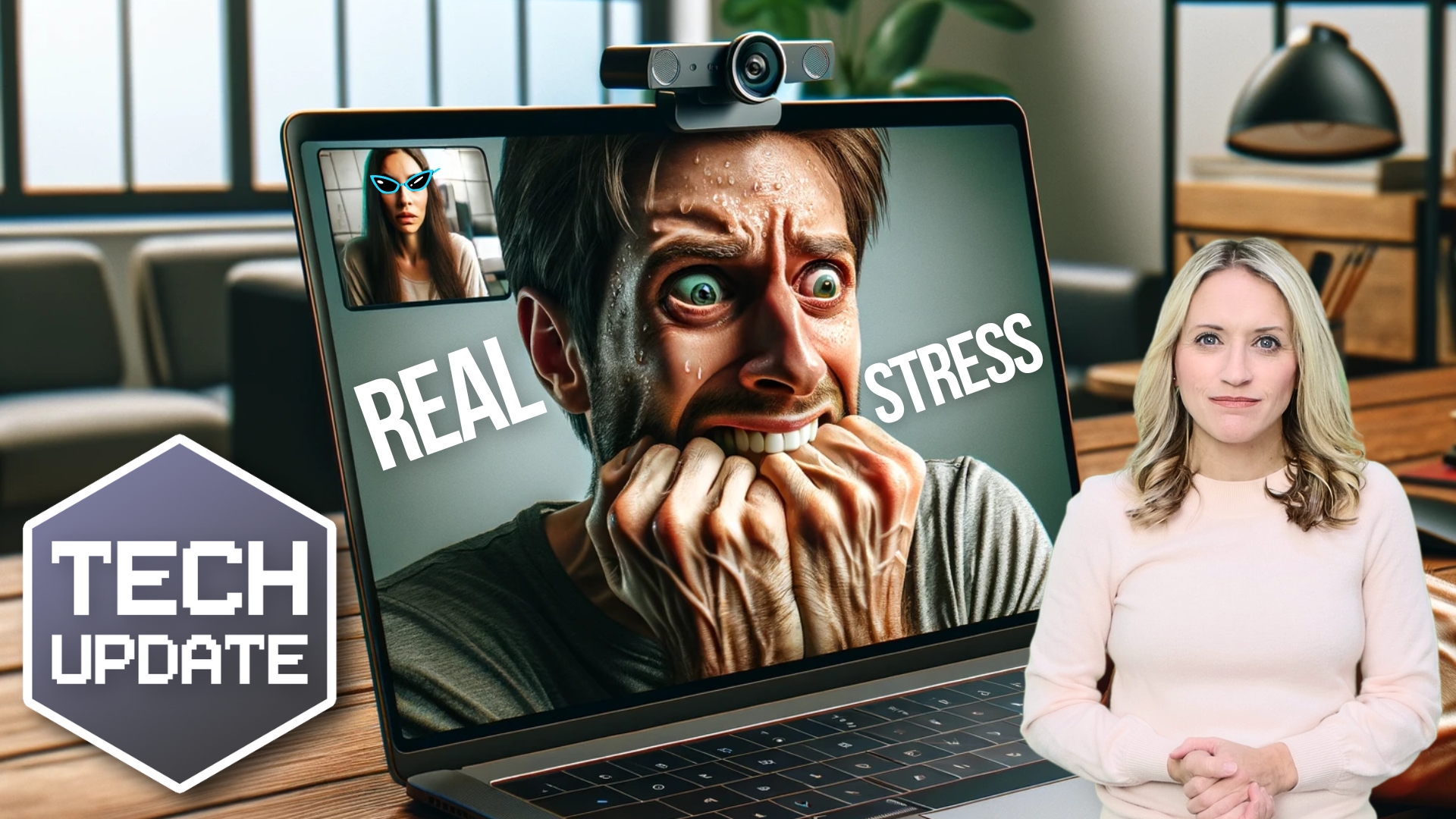Ever felt that exhaustion after spending too much time in online meetings, wishing for some real face-to-face interaction instead? That sensation has a name – Zoom fatigue.
Scientific evidence now supports what we’ve all sensed. Researchers from Austrian universities delved into the impact of video conferencing on our bodies and minds. Equipping participants with EEG and EKG monitors, they explored the effects of platforms like Zoom and Microsoft Teams.
The findings were revealing.
EEG measurements showed an increase in higher-level brain signal frequencies linked to concentration, attention, and stress during virtual meetings compared to in-person interactions. So, it’s not just in your head – those video calls genuinely demand extra effort to stay focused.
Moreover, the study uncovered changes in heart rate variability, signaling persistent signs of fatigue throughout online meetings.
Before dismissing video meetings entirely, consider the study’s context – it involved university students on campus, not corporate professionals in home offices. Variations based on age and environment might exist.
Nevertheless, the primary message is clear – face-to-face communication versus screen interaction significantly affects the human body. Video conferencing fatigue is a real issue, not limited to college students.
Next Steps
Are you looking for a new IT service provider? Check out our free guide that explains how to choose your next IT service provider for some quick tips to get you started! Schedule a free 15-minute discovery call with someone from our team to see if we’re a good mutual fit!







